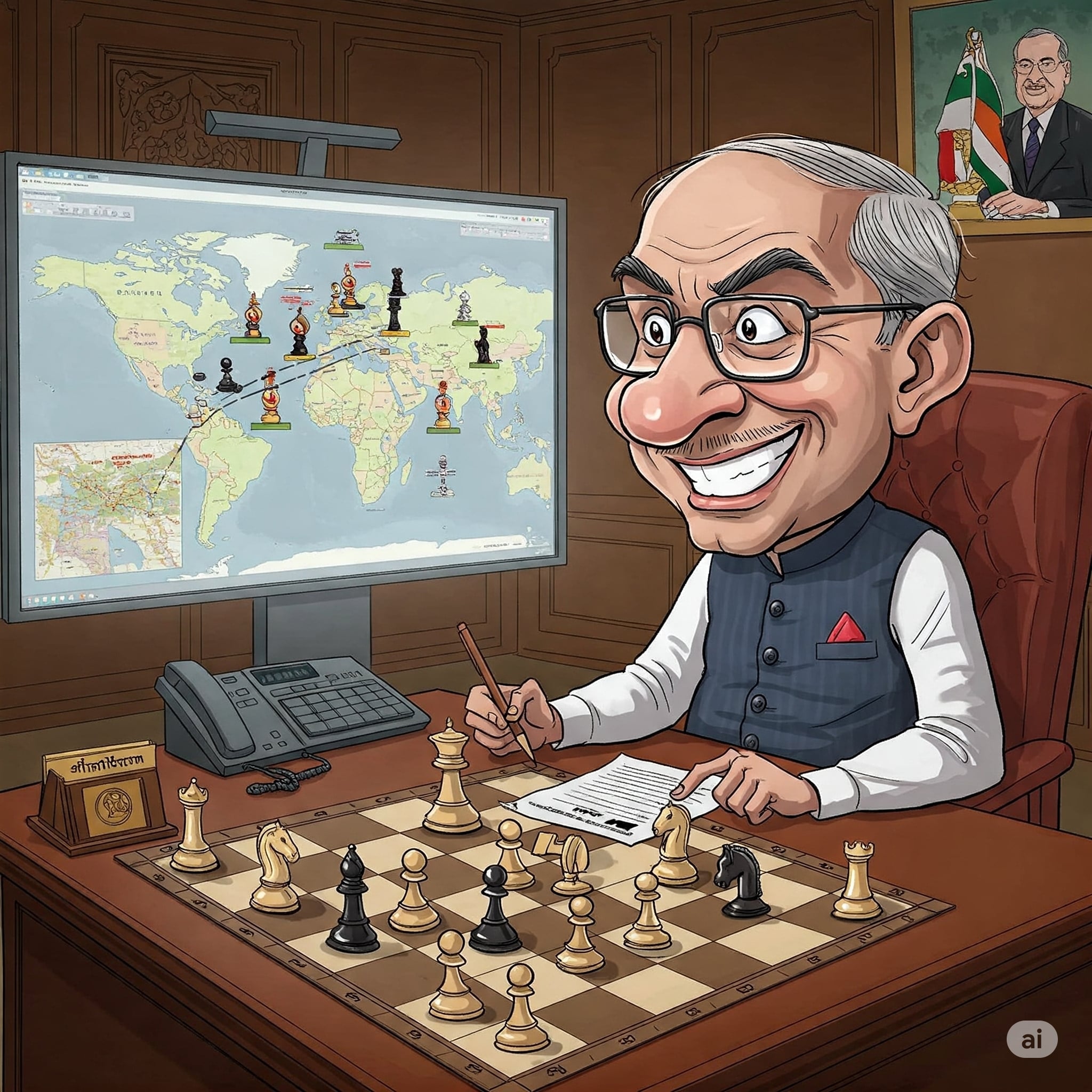This content is restricted to site members. If you are an existing user, please log in. New users may register below.
How India’s Neighbourly Relations and Secret Deals Undermine the Quad Alliance and Regional Stability

Reading Time: 7 minutes The Quadrilateral Security Dialogue (Quad) comprising India, the United States, Japan, and Australia has emerged as a pivotal strategic framework aimed at ensuring a free, open, and rules-based Indo-Pacific region. The Quad is often portrayed as a collective effort to balance China’s expanding military and economic influence, foster regional security, and uphold democratic values. India, given its geographic position and growing military capabilities, plays a central role in this alliance. However, the credibility and effectiveness of the Quad are increasingly compromised by India’s inconsistent foreign policies, particularly its strained relations with neighbouring countries and clandestine dealings with authoritarian states such as Iran, Russia, and Myanmar’s military junta. India’s relationships with its immediate neighbours—Pakistan, China, Bangladesh, Nepal, Bhutan, and Myanmar—are marked by unresolved conflicts, diplomatic challenges, and mutual suspicions. These issues draw India’s strategic focus inward and fragment its regional approach, hindering its ability to project unified

